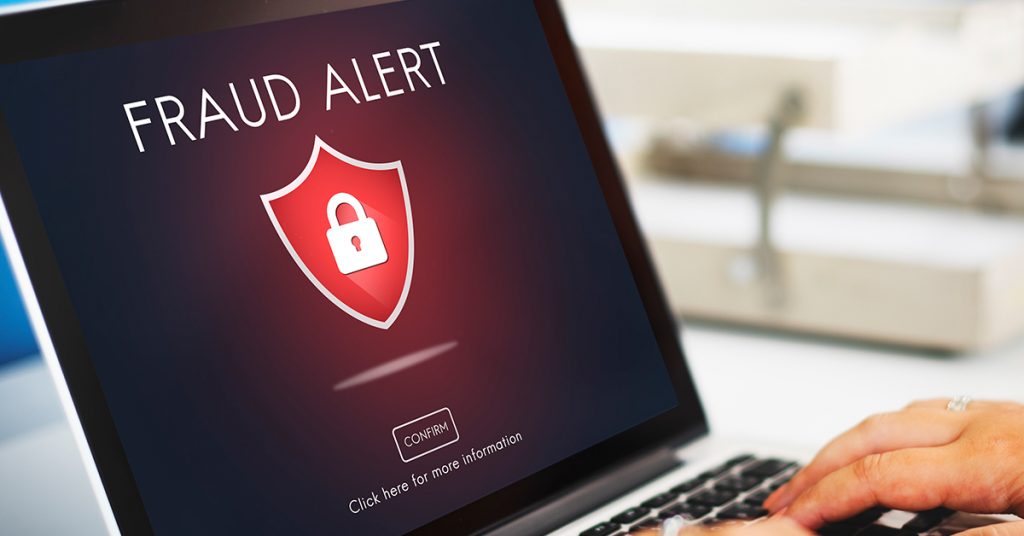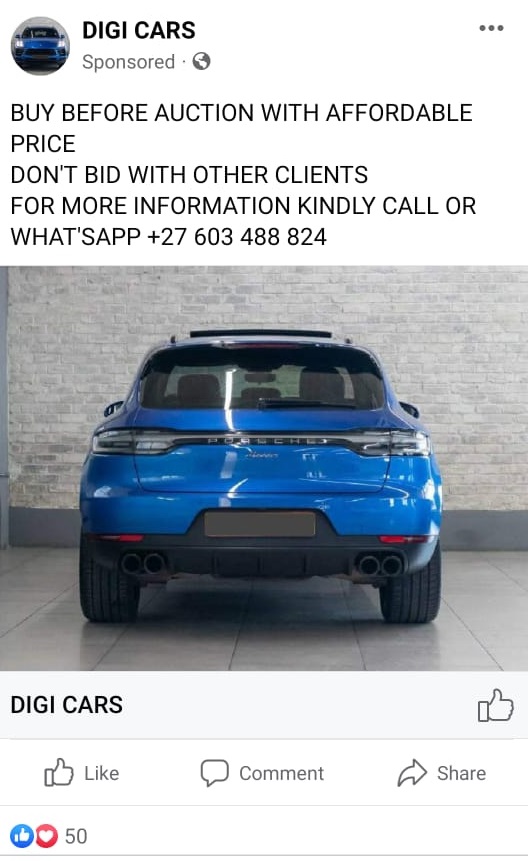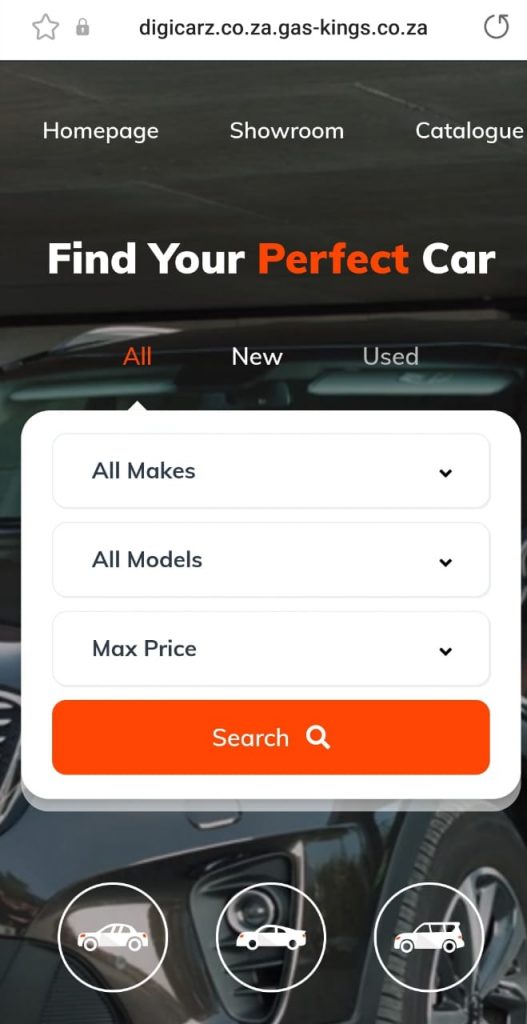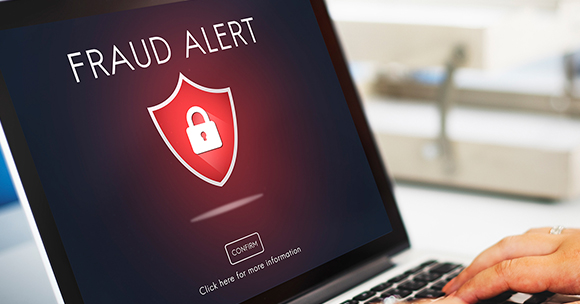
While the internet was created to be vastly helpful and convenient, it’s sad that criminals are using it to create difficulties in the lives of many. Fraudsters are constantly devising new tactics to target consumers in attempts to get your money. When shopping for a car, you need to be alert online and protect yourself. Here are some tips to help you be on the lookout.
Fraudsters/Scammers Impersonating Us
Fraudsters have replicated our website, social media accounts, as well as our adverts. They use the name of one of our salesman but have a different phone number on their ads. If your caller ID shows no name or shows a random name, it’s not us. You can verify our phone number and address on Google.
Signs it’s a Scam
- Fraudsters put pressure on victims to act immediately.
Don’t be pressured into depositing money because they told you some sad or emergency story that requires you to pay to secure your purchase immediately because they have somewhere to be.
- Scammers refuse to give out proper contact details and are not available to meet or reach over the phone.
- When you ask to see the car or test drive, they have some excuse.
- The price of the car is too cheap and below market value.
- If you’ve come across the same car on other ads or sites.
- There’s no/incorrect vehicle history.
- Always ask to see the car’s paperwork before paying or purchasing.
- Don’t make payments or fill out your banking details via any links sent to you.
- No salesman will ever give you a form to fill out or request from you your bank card number, passwords, and especially an OTP over a call or an email.
Whether you buying or selling a car, it’s important to keep in mind that the process doesn’t change. Despite the online options available to buyers, the process is still fundamentally the same. You should always go to meet with the buyer or seller in person, do an inspection and/or test drive the car, and then when you’re happy, make payment and sign documents. Remember this process and keep the other party to this standard to avoid being scammed. Payment is made at the end of the process once you’re happy with the car and ready to make the purchase not the other way around.
How to avoid a scam?
- Don’t believe everything you see online. Come to our dealership and meet with a sales executive in person to conduct a deal. We will never ask you to pay for a car you haven’t seen.
- Keep your personal details secure.
- Verify, verify, verify! – anything and everything – before you make any payment.
- Research the seller/buyer properly to see if they are legit.
- Ask for the VIN of the car and check into the history of the car yourself. You can do this via Dekra or AutoTrader.
- Be wary of unusual payment requests, personal accounts and Capitec accounts. We do not bank with Capitec. Many scammers make use of Capitec bank accounts.
- As the adage goes, listen and follow your intuition. If something doesn’t feel right, don’t ignore that. Dive deeper into why.
- Don’t rush with a purchase. Ask all the questions you have and avoid becoming emotionally involved with the other party.
- Consult with a trusted or knowledgeable person regarding the car and the sale if you feel uncertain.
What to do if you were scammed?
Report Fraud, Scammers, and Cybercrime! There is always strength in numbers and cooperation. First, report the incident to the police should you be a victim of a scam. Secondly, let everyone in your circle know and start posting publicly about the people who are running scams, as they hate others finding out about their tricks and deception. The sooner the scam gets out and the quicker its spreads, the sooner it will die out.
- Contact family and friends.
- Contact industry association if you happen to be a business.
- Contact your financial institution to let them know about the transaction. They may be able to assist if it done quickly.
- Report it to your local authorities.
Watch out for these recent scams!



